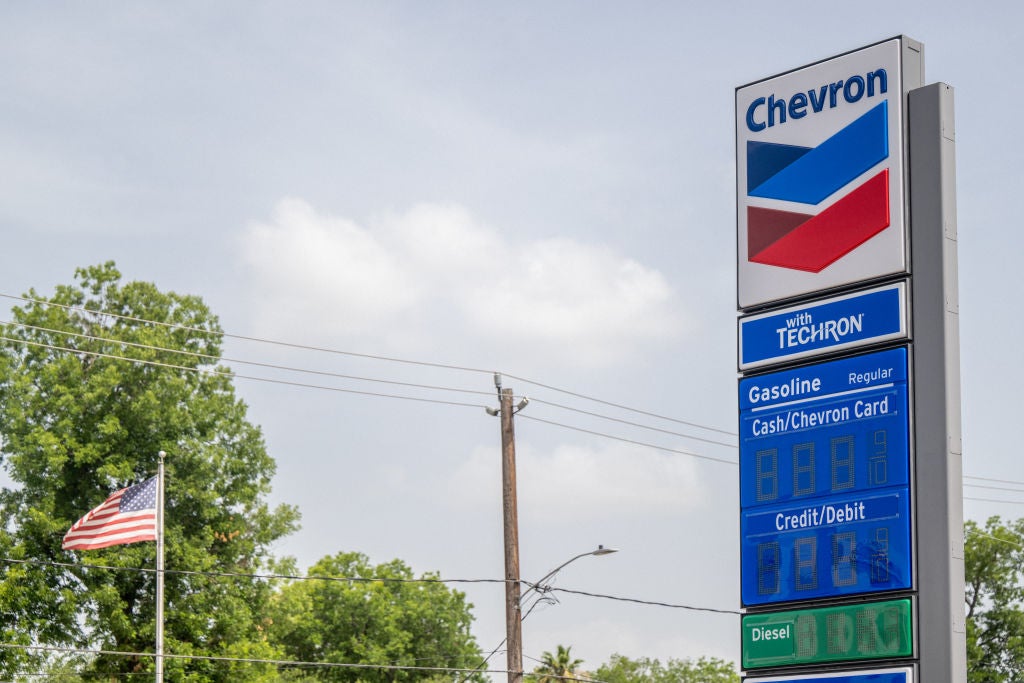
Chevron uses “junk” carbon offsets that deliver either few to no greenhouse gas (GHG) emissions reductions, or actively harm the planet, an investigation by NGO Corporate Accountability alleges.
The report, entitled “Destruction is at the heart of everything we do”, concludes that 93% of the carbon offsets used by Chevron “seem to be worthless” and should be presumed to be “junk” until proven otherwise. Many of the carbon capture projects invested in by the company as part of its carbon offsets programme are failing to deliver the promised emissions reductions. In some cases, projects such as the Gorgon project are missing targets by 50%.

Discover B2B Marketing That Performs
Combine business intelligence and editorial excellence to reach engaged professionals across 36 leading media platforms.
The NGO also found that a significant portion of Chevron’s carbon offsets are linked to claims of local community abuse, environmental harm, and/or may actually be fuelling further emissions. Almost all of the harm allegedly inflicted on local communities is on those in the Global South, the part of the world most vulnerable to climate change.
The findings contribute to a wider debate on the usefulness of carbon credits in limiting global warming. Environmental group Greenpeace condemns all carbon offsets as a “scam”, suggesting that they allow major polluters to continue polluting with little consequence. The UK’s Climate Change Committee, an independent advisory group, published a report in October 2022 suggesting that “high-integrity carbon credits” could play a small but important role in decarbonisation. However, a lack of market regulation makes disentangling high and low-quality offsets difficult.
The research from Corporate Accountability concludes that 51% of Chevron’s carbon offsets are of low environmental integrity. It found that a further 42% caused tangible negative impacts on the environment or communities.
Chevron’s overall net-zero policies are “hollow” and not effective at reducing its GHG emissions, the study states. Even if its climate plan was fully and successfully implemented, it overlooks 90% of the total emissions related to its business practices, namely its scope 3 emissions. According to the authors, Chevron’s net-zero plans are clearly out of line with the target of the Paris Agreement to limit global warming to 1.5°C.

US Tariffs are shifting - will you react or anticipate?
Don’t let policy changes catch you off guard. Stay proactive with real-time data and expert analysis.
By GlobalDataA spokesperson for Chevron challenged the report’s conclusions. “The cited report is biased against our industry and paints an incomplete picture of Chevron’s efforts to advance a lower carbon future,” said external affairs adviser Bill Turenne in an email to Offshore Technology. “Chevron supports offsets as part of that effort and views them as an important market-based approach to efficient carbon reductions. The majority of the offsets referred to in the report are compliance-grade offsets accepted by governments in the regions where we operate.”
Turenne added: “Chevron’s recently published Corporate Sustainability Report and latest Climate Change Resilience Report offer a more complete view of the many ways we are working constructively to offer solutions for a lower carbon future.”
Editor’s note: This article was updated on 25 May to include comments from Chevron.





